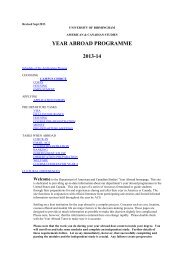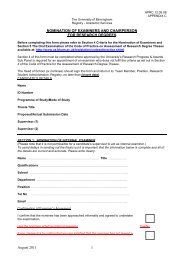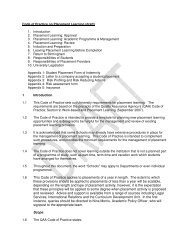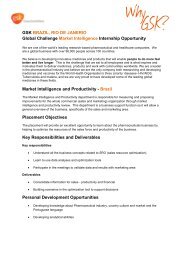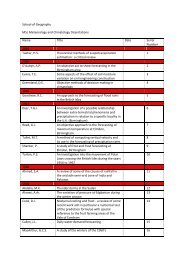Governance and finance of long-term care - University of Birmingham
Governance and finance of long-term care - University of Birmingham
Governance and finance of long-term care - University of Birmingham
Create successful ePaper yourself
Turn your PDF publications into a flip-book with our unique Google optimized e-Paper software.
Allen et al., 2011 <strong>Governance</strong> <strong>and</strong> Financing <strong>of</strong> LTC | European Overview<br />
In each case these support measures are then sub-‐categorized as either direct or indirect as follows:<br />
• Specific direct measures supporting informal <strong>care</strong>rs are those that help them perform their caring<br />
tasks, for instance measures such as training <strong>of</strong> informal <strong>care</strong>rs. These may not require any direct<br />
input <strong>of</strong> formal <strong>care</strong>rs or may include them in a ‘h<strong>and</strong>-‐in-‐h<strong>and</strong>’ approach, e.g. training formal <strong>care</strong>rs<br />
in how to include <strong>and</strong> support informal <strong>care</strong>rs in a shared provision <strong>of</strong> <strong>care</strong>.<br />
• Specific indirect measures are those that enhance the opportunity for informal <strong>care</strong>rs to <strong>care</strong> in<br />
appropriate conditions, e.g. legal <strong>care</strong> leave; flexible employment arrangements for working <strong>care</strong>rs,<br />
entitlements to pension rights <strong>and</strong> accident insurance.<br />
Table 4.1 Specific measures for the support <strong>of</strong> informal <strong>care</strong>rs<br />
Specific measures Examples<br />
Direct<br />
Supporting <strong>and</strong> Improving<br />
performance <strong>of</strong> <strong>care</strong><br />
Indirect<br />
Facilitating informal <strong>care</strong><br />
In-‐kind<br />
In cash<br />
• Information, training, education<br />
• Opportunities for the exchange <strong>of</strong> experiences<br />
• Training <strong>of</strong> formal <strong>care</strong>rs in how to include <strong>and</strong> support informal <strong>care</strong>rs in a<br />
shared provision <strong>of</strong> <strong>care</strong><br />
• Care allowance<br />
Legal rights<br />
• Flexible working arrangements<br />
• Care leave<br />
• Pension <strong>and</strong> accidence insurance<br />
• Advocacy group. legislative recognition<br />
Non-‐specific measures (targeting both the older person <strong>and</strong> the informal <strong>care</strong>r) are called direct when<br />
they primarily target the informal <strong>care</strong>r (e.g. respite <strong>care</strong>) <strong>and</strong> indirect when they primarily target the<br />
older person (e.g. housing adaptation, attendance allowance). In particular any in-‐kind service for older<br />
people in need <strong>of</strong> <strong>care</strong> is to be classified as such.<br />
Table 4.2 Non-‐specific measures for the support <strong>of</strong> informal <strong>care</strong>rs <strong>and</strong> older people<br />
Non-‐specific measures Examples<br />
Direct (primarily targeting<br />
informal <strong>care</strong>rs)<br />
Indirect (primarily targeting older<br />
people)<br />
In-‐kind<br />
In-‐cash:<br />
• Respite <strong>care</strong><br />
• Support groups<br />
• Stress relief by voluntary work initiatives<br />
• All home <strong>and</strong> residential <strong>care</strong> services for older people<br />
• Housing adaptation, technical supplies. etc.<br />
• Meals on wheels<br />
• Attendance allowance<br />
42


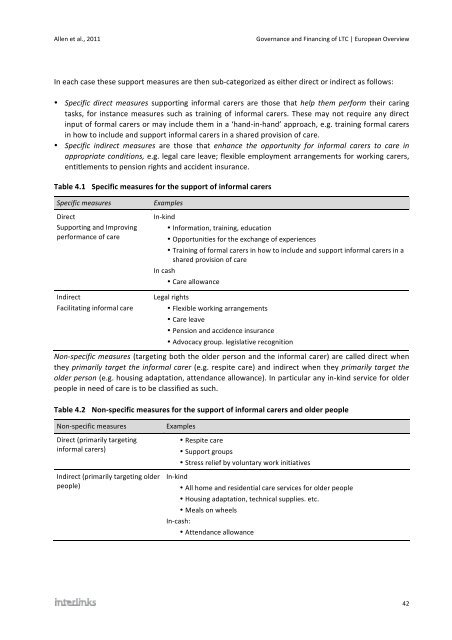

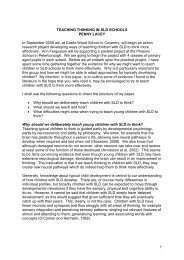

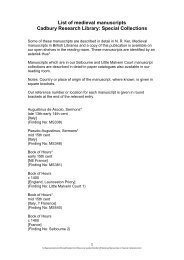
![Benyamin Asadipour-Farsani [EngD Conference abstract]](https://img.yumpu.com/51622940/1/184x260/benyamin-asadipour-farsani-engd-conference-abstract.jpg?quality=85)


